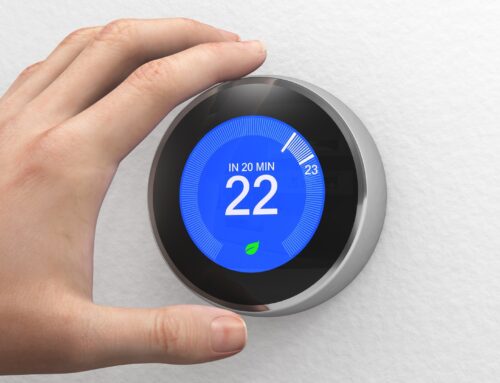If you find yourself becoming irritable from the constant buzzing emanating from your lights, you’re not alone. It may be a low hum or a loud buzz. And it can occur in all types of light bulbs.
But why do lights buzz? Well, it could be for a number of reasons, ranging from loose fixtures to electrical issues. And while you can fix the fixtures yourself, you’re going to need a professional to repair any electrical issues.
So continue reading and we’ll help you better understand why lights buzz.
Incandescent Light Bulbs
Generally, incandescent light bulbs tend to be fairly quiet. Usually, the only time you can expect them to make noise is if you’re using a dimmer.
A dimmer works by reducing some of the voltage from the line so that the amount of energy going to the bulb decreases. This ends up dimming the output of the light bulb.
When you add and remove voltage, you will end up cooling and exciting the filament. When you do this, you end up with vibrations. These vibrations can lead to buzzing sounds.
In order to make sure that your lights don’t buzz, you want to use rough service bulbs. These bulbs come with a filament that’s better supported. This means that the vibrations will be reduced and the buzzing sound will go away.
Fluorescent Light Bulbs
There are two main problems associated with fluorescent light bulbs – buzzing and flickering. If your fluorescent bulb is buzzing, that probably means that it needs to be replaced. This is because you likely have an old ballast.
The ballast is the component that’s used to regulate the voltage in the light. This is not too different than buzzing in incandescent lights. That’s because the buzzing in fluorescent lights is likely due to the constant re-striking that occurs when the ballast isn’t able to properly regulate the voltage.
If you end up replacing your fluorescent bulb but it’s still buzzing, then you’ll want to replace the ballast. Make sure that you don’t use magnetic ballasts. A magnetic one uses metal plates that vibrate and they will make even more humming.
Instead, get an electrical ballast to get rid of the sound.
LED Light Bulbs
Unlike fluorescent and incandescent light bulbs, there are no firing arcs or filaments in LED light bulbs. This means that there aren’t any vibrating parts to cause buzzing noises.
With that said, LED lights can make a buzzing sound because of electromagnetic interference. It can also be because of improper dimming. You always want to make sure that your dimmer is compatible with LEDs.
So Why Do Lights Buzz?
As we can see, there are a few answers to the question, “why do lights buzz?”. And it’s mainly because of vibrations, old parts, or a lack of compatibility. And by understanding why your type of light bulb might be buzzing, you’ll be better prepared to fix the problem.
Are you looking for residential electrician services in Denton County, Texas? Contact us today and see what we can do for you! We proudly serve, Lewisville, Flower Mound, Highland Village, Argyle and nearby areas.






